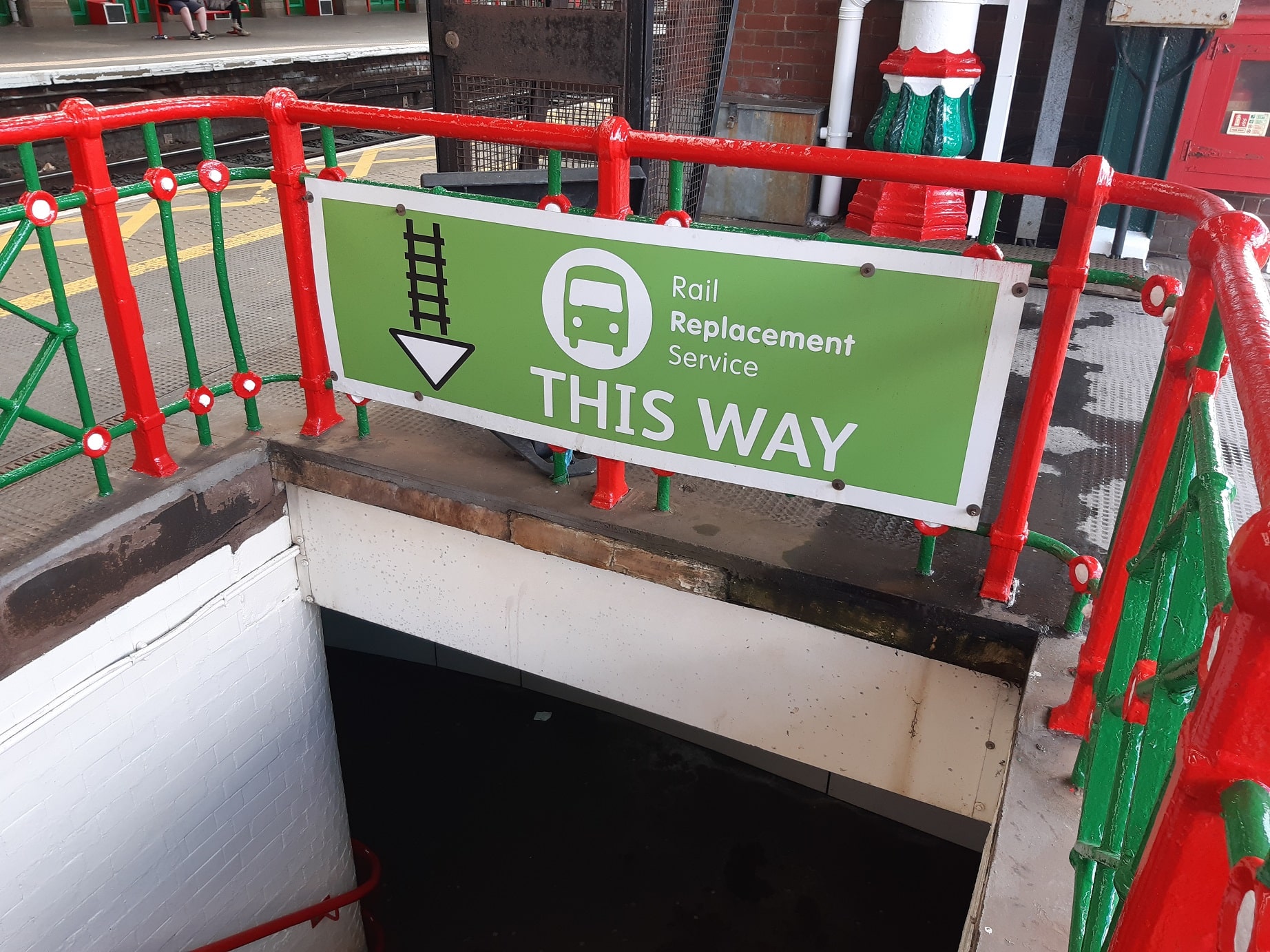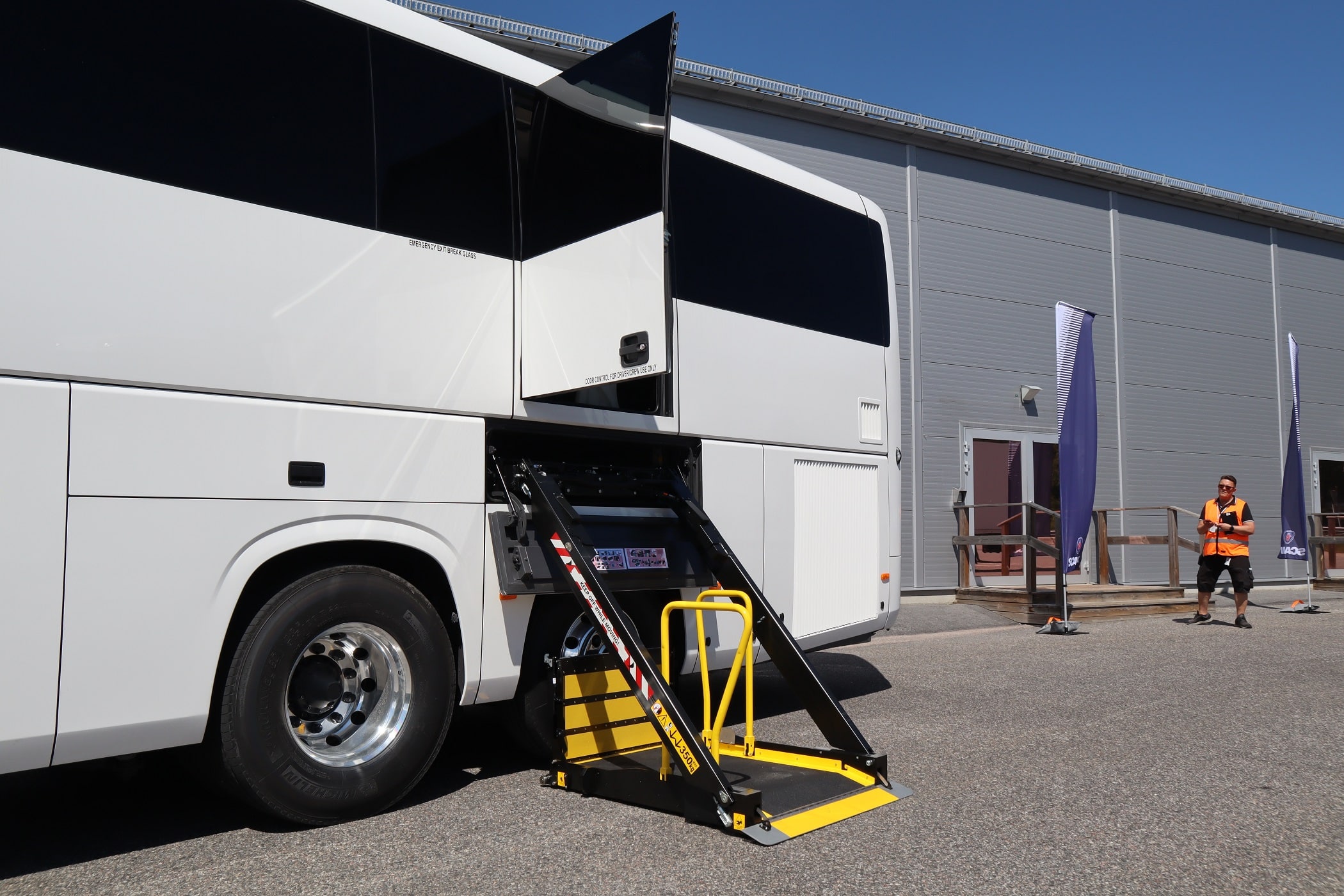The Department for Transport (DfT) has granted special authorisations that grant medium-term exemption (MTE) from PSVAR that capture 17,969 vehicles, a Freedom of Information (FoI) Act request has revealed.
In total, 1,208 such special authorisations have been issued by DfT under its MTE programme. Of those, 507 are for home-to-school services only, covering 6,981 vehicles; 124 are for rail replacement services only, capturing 1,763 vehicles; and 577 are for both home-to-school and rail replacement, extending to 9,225 vehicles.
The MTE mechanism from PSVAR came into force on 1 July, having been defined in April. It was introduced by DfT in recognition that the previous short-term approach had failed to stimulate a sufficient increase in the number of compliant vehicles for in-scope home-to-school and rail replacement services.
All MTEs expire on 31 July 2026. They are grouped into bands based on fleet size, with differing levels of partial and full compliance with PSVAR required at defined intervals leading to that date.
‘Staggering’ PSVAR medium-term exemption numbers
The volume of vehicles captured by MTEs has been described as “staggering” by one industry member involved in preparation of a case to DfT for their introduction. Confederation of Passenger Transport Coaching Manager Phil Smith adds that while the number represents a substantial proportion of the UK’s coach fleet, caution should be taken in its interpretation.
“We know that some operators ‘over-applied’ for MTEs, which is to say that they requested more than are necessary to cover the number of vehicles that they regularly use on services subject to PSVAR,” says Mr Smith.
“That is to permit fleet flexibility, the uptake of additional contracts and to allow for rail replacement work, which is less predictable. It could be the case that an operator has three in-scope services but has applied for eight vehicles to be part of its MTE.”
Positive news for the coach industry?
UK Coach Operators Association Managing Director Peter Bradley has welcomed news of the high number of MTEs. He says that it indicates that the coach industry heeded advice to act quickly and underlines the imperative for such special authorisations to be introduced.
Mr Bradley adds that when the extent of MTEs capturing home-to-school services is combined with the number of PSVAR compliant coaches already within that market, the government should have a better understanding of the extent of coaches’ involvement with school transport. “This could be a positive for the industry,” he notes.

Mr Bradley accepts that an element of ‘over-applying’ will be reflected by the figures.
But he cautions that some operators will have been reluctant to do so as it could push them into a different band with more onerous staged compliance requirements.
Both Mr Smith and Mr Bradley agree that the adoption of an MTE approach gives the coach industry clarity on what is required for PSVAR. “There was a lot of relief when it was announced and it has removed pressure from SME operators in particular,” says Mr Smith, although he recognises that other businesses that have invested to comply at an earlier date will be less appreciative of the policy.
Local authority uncertainty over exemptions continues
Separately, a claim that some local authorities (LAs) continue to award contracts for home-to-school services that are in scope of PSVAR for operation with non-compliant vehicles via an exemption despite alternative compliant bids being submitted has resurfaced.
routeone contacted one largely rural LA that had been subject to such an allegation. Via an FoI request, the authority revealed that since 1 January 2021 it has awarded 31 contracts for in-scope home-to-school services that are operated by a vehicle that is subject to PSVAR exemption. It claims not to hold information on how many of those were subject to an alternative bid for operation with a compliant vehicle.
Under-Secretary of State Baroness Vere previously grouped LAs with the industry and educational establishments in her controversial July 2021 comments around a requirement to do the utmost to ensure in-scope services are provided inclusively.



























